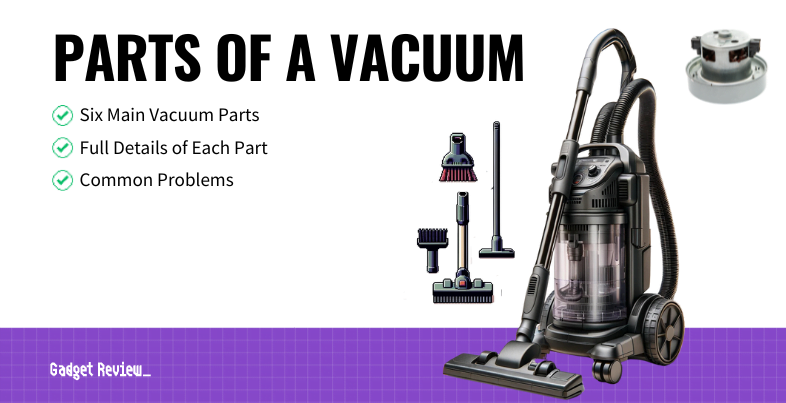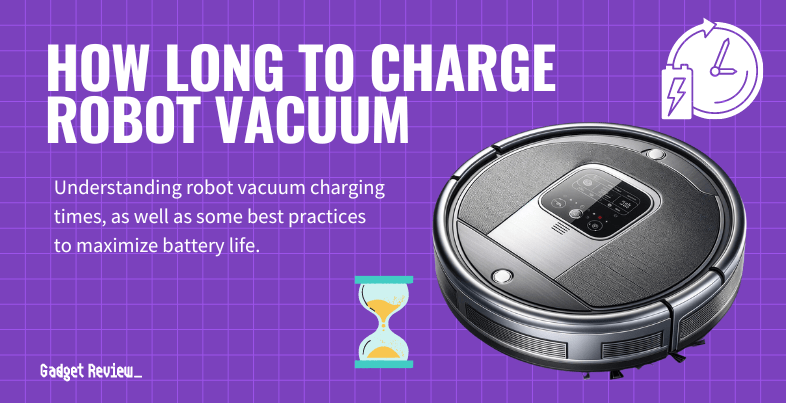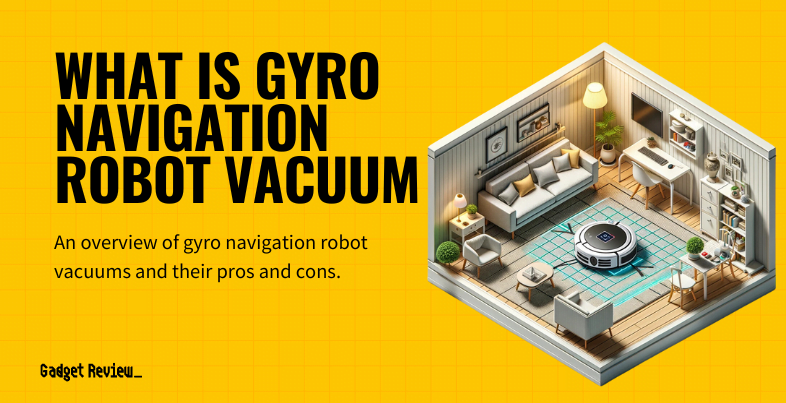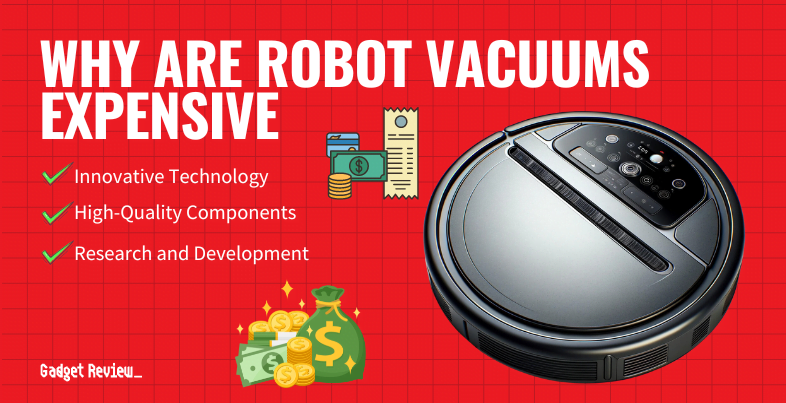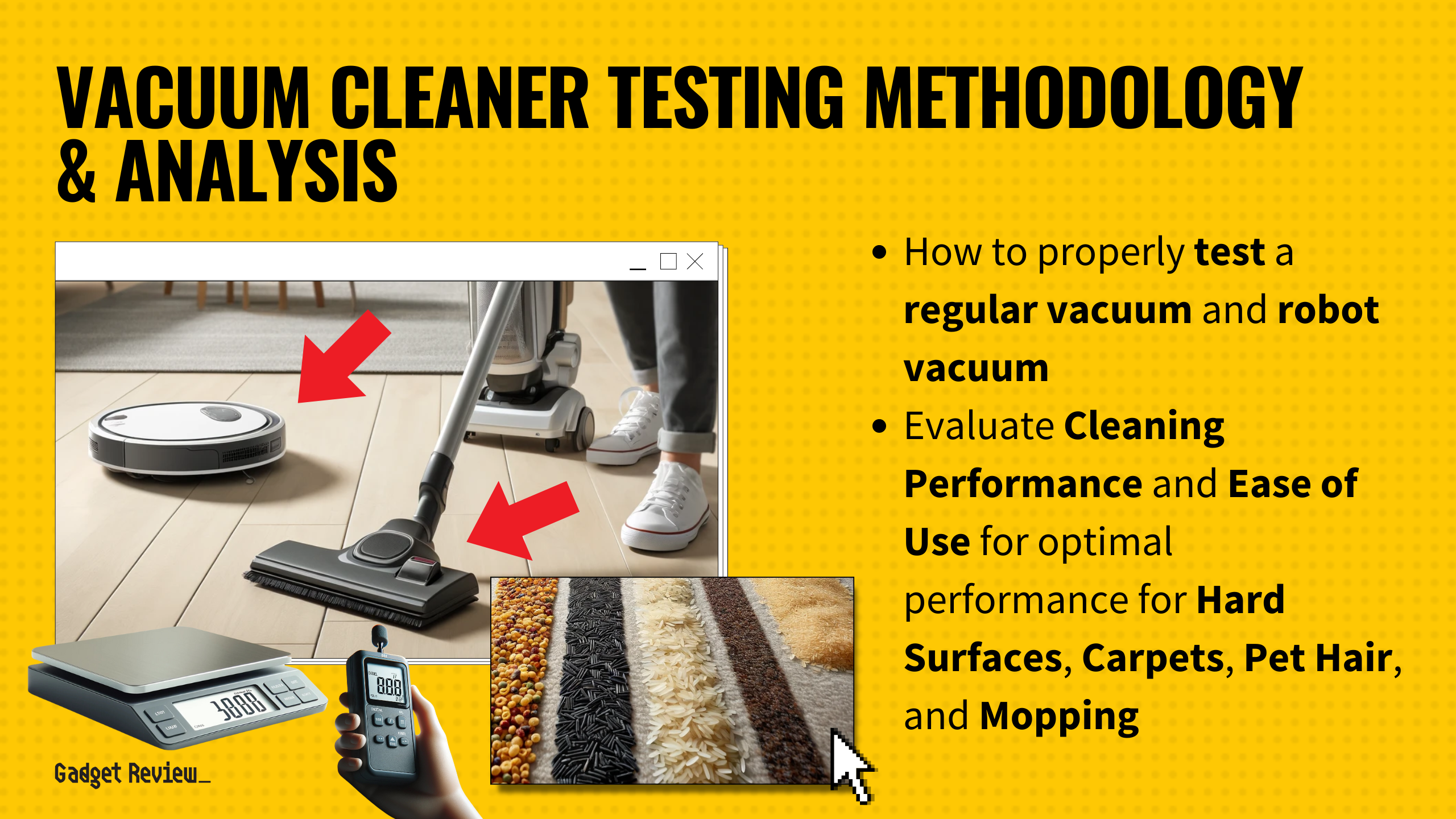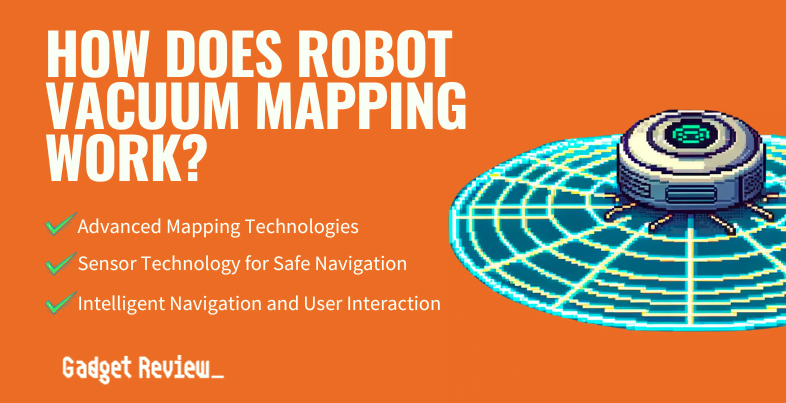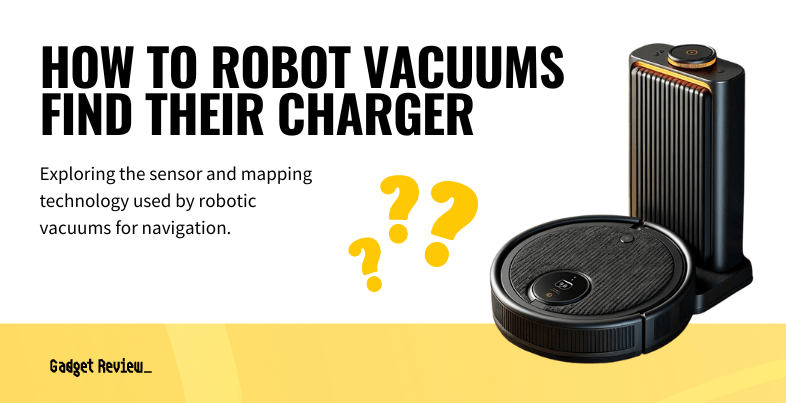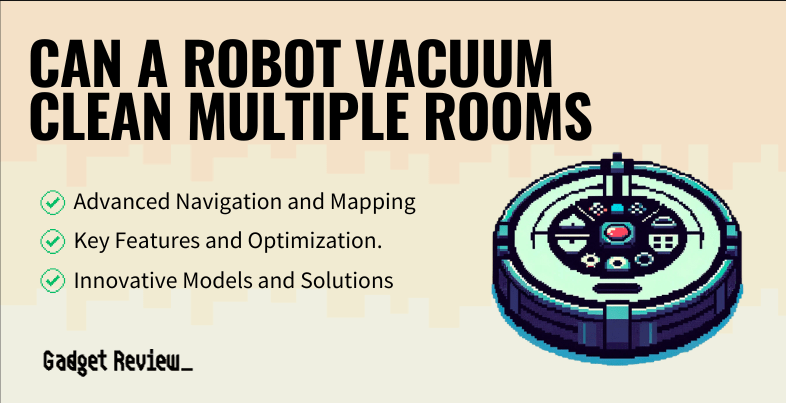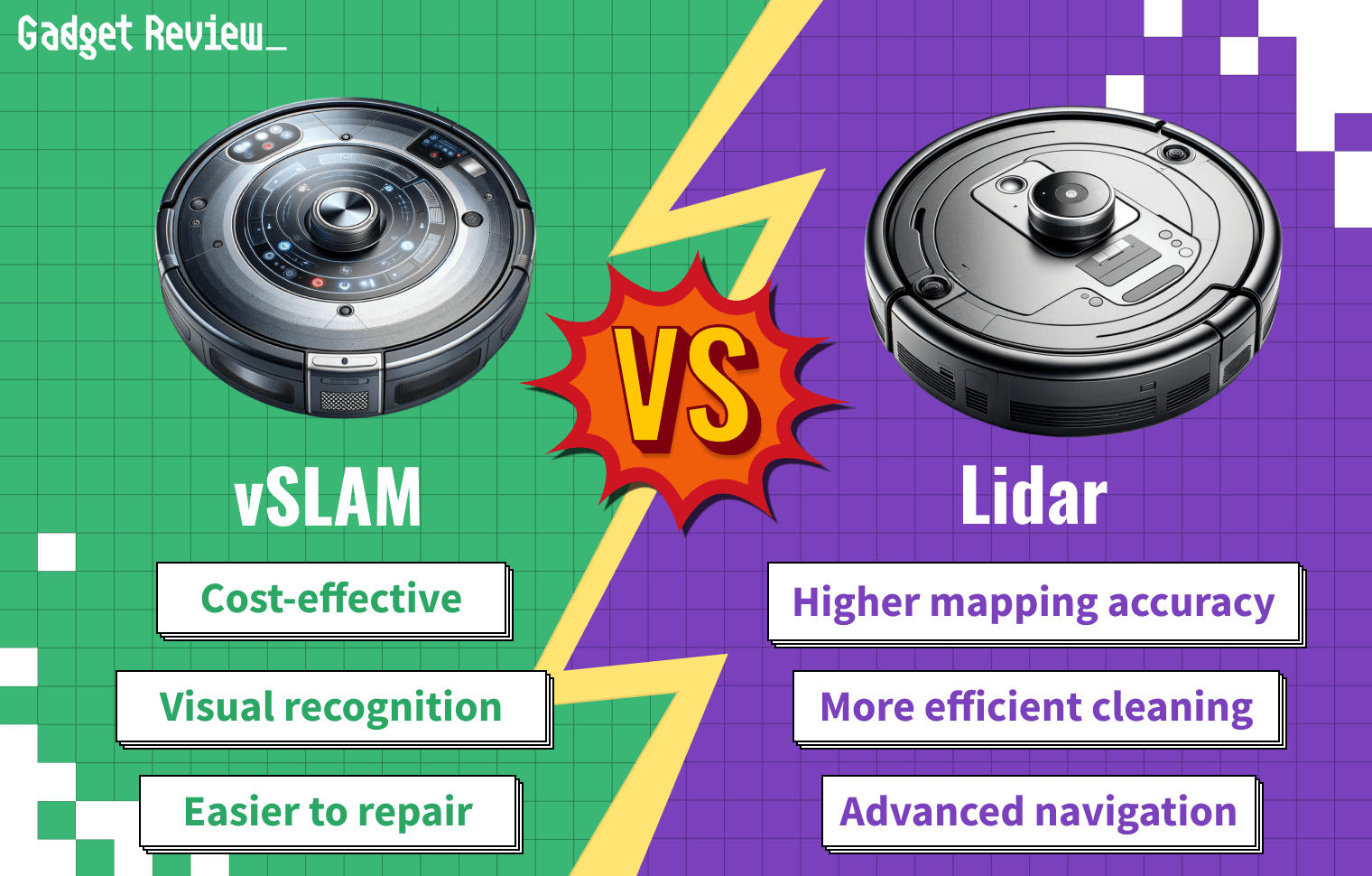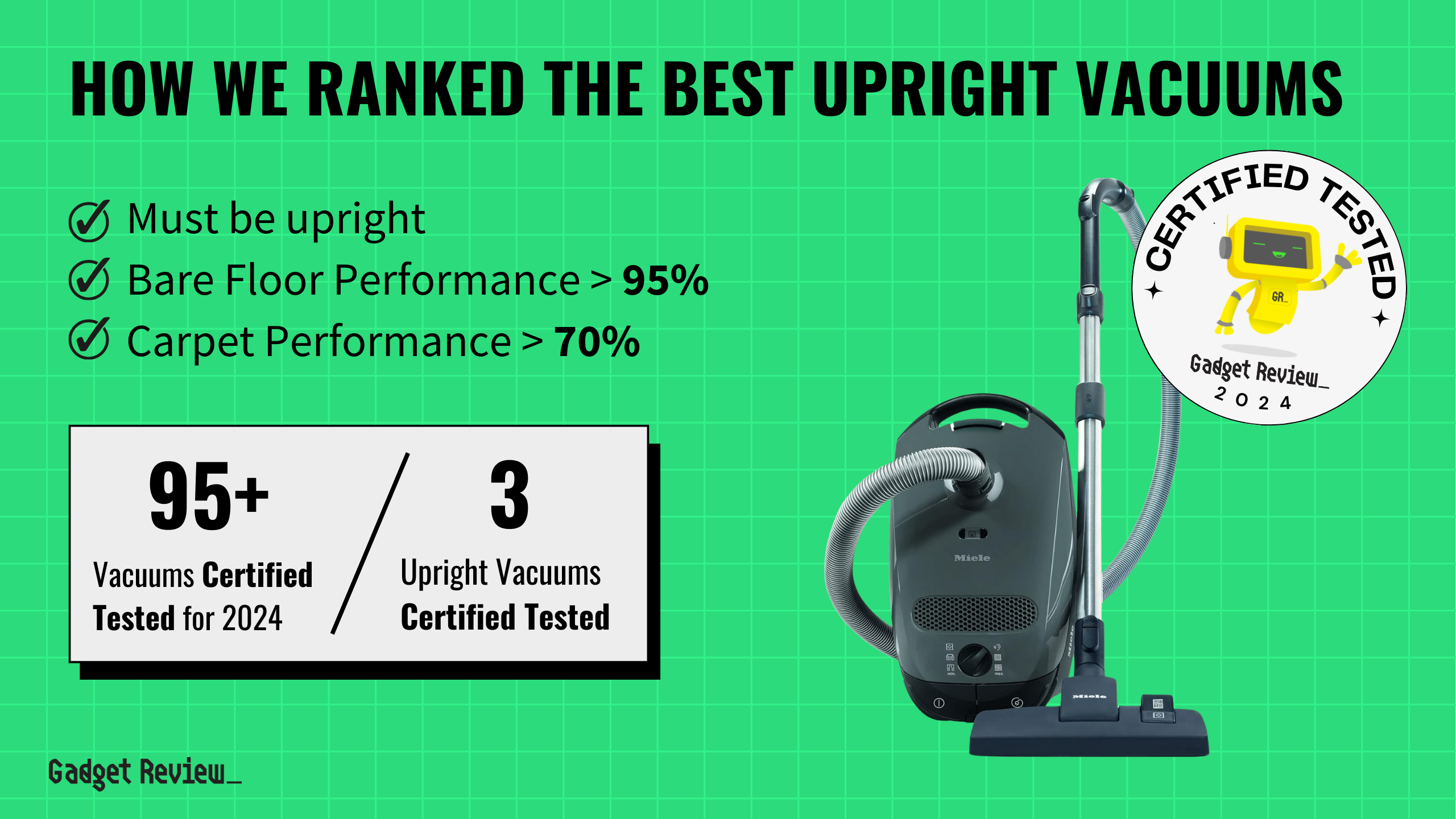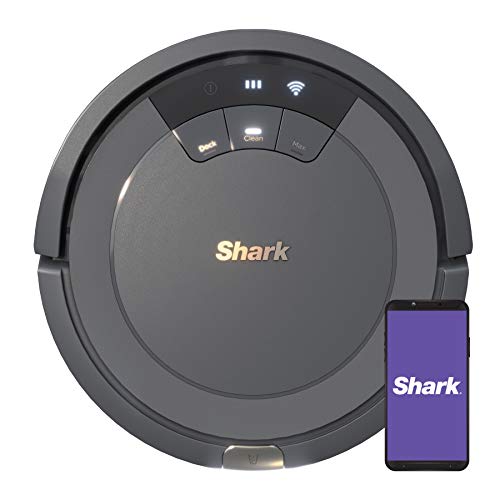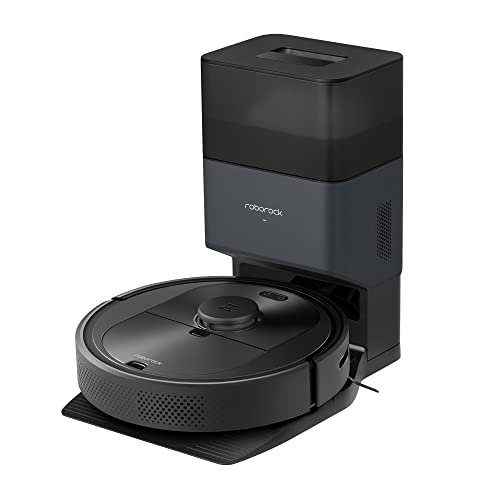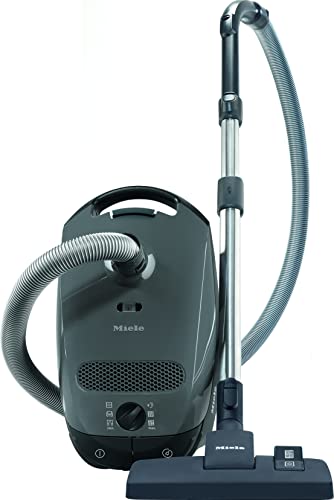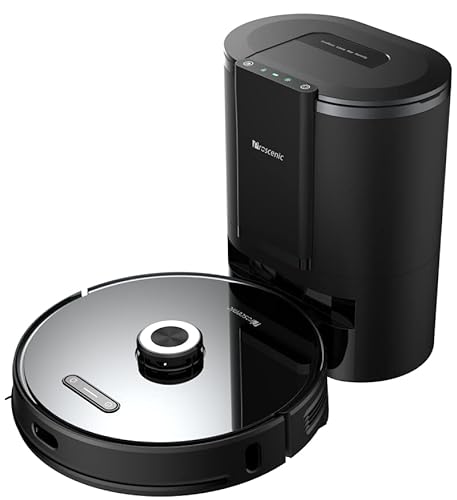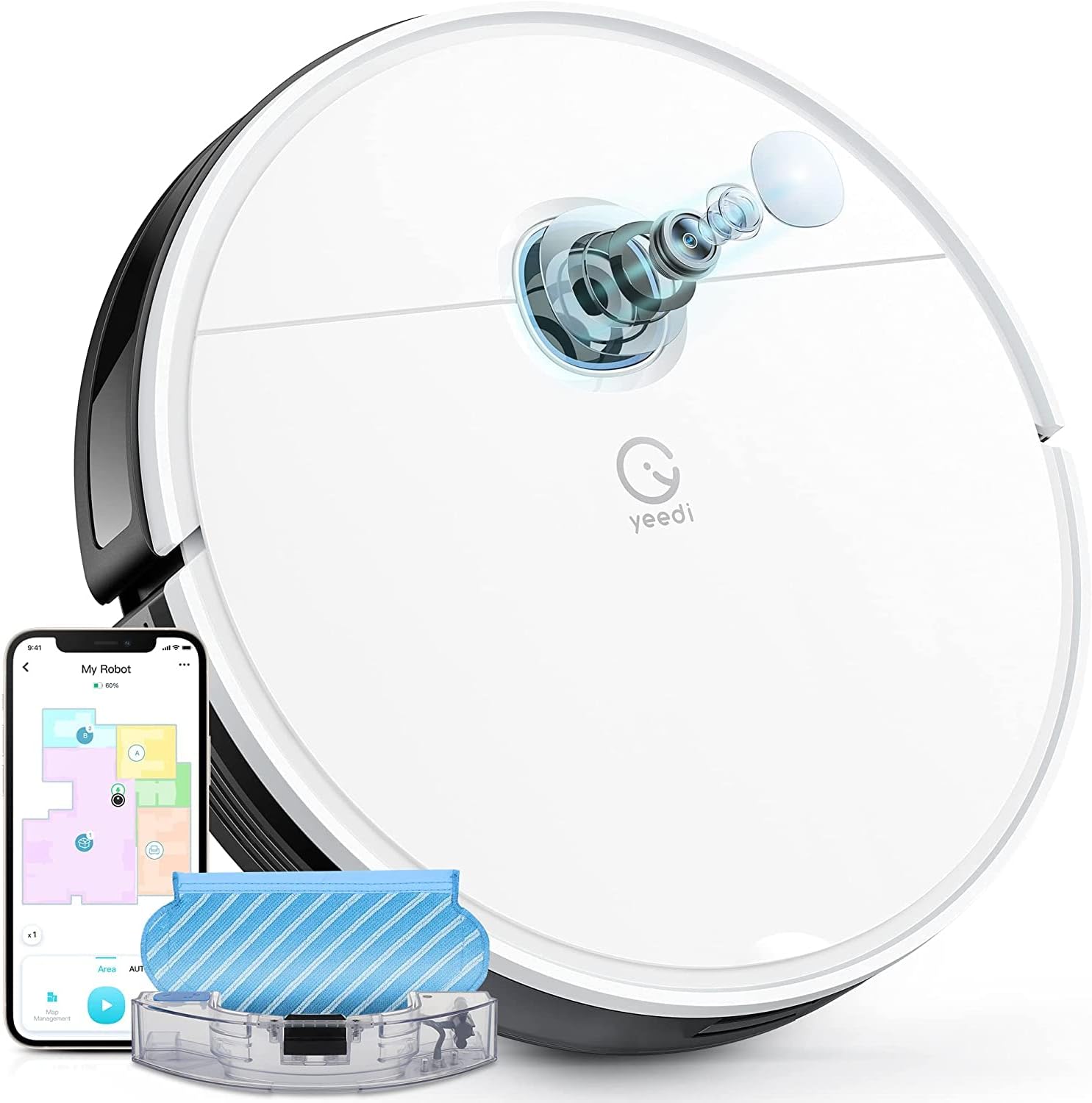A vacuum cleaner is more than just a cleaning tool. It’s a marvel of engineering designed to make our lives easier. But how well do you know your vacuum cleaner?
Let’s dive in and explore its parts and functions.
Vacuum Parts – Quick Take
The most common parts of a vacuum cleaner are:
| Component | Description |
|---|---|
| Motor | Converts electrical to mechanical power |
| Filter | Traps dust, allergens, particles |
| Brushes and Rollers | Loosen dirt from surfaces |
| Hose and Wand | Flexible tubes for hard-to-reach areas |
| Dustbin/Bag | Collects and stores dirt, debris |
| Power Source | Energy for vacuum operation |
| Additional Attachments | Tools for specialized cleaning tasks |
Understanding Vacuum Parts
To learn more about vacuum parts and tools, check out the video below.
The Heart of a Vacuum: The Motor
The motor is the powerhouse of your vacuum cleaner.
It generates suction power by creating a low-pressure system that pulls air (and dirt with it) into the vacuum. The strength of the motor determines the suction and cleaning levels.
The Lungs of a Vacuum: The Filter
Just as our lungs filter the air we breathe, the filter in a vacuum cleaner ensures the air output is clean.
It traps dust, allergens, and other microscopic particles.
There are different types of filters, including post-motor filters and HEPA filters.
STAT: Most common parts replaced: Dust bags/canisters (60%), filters (40%), belts (25%), hoses (15%), and brushes (10%).
The Precision Components: Brushes and Rollers
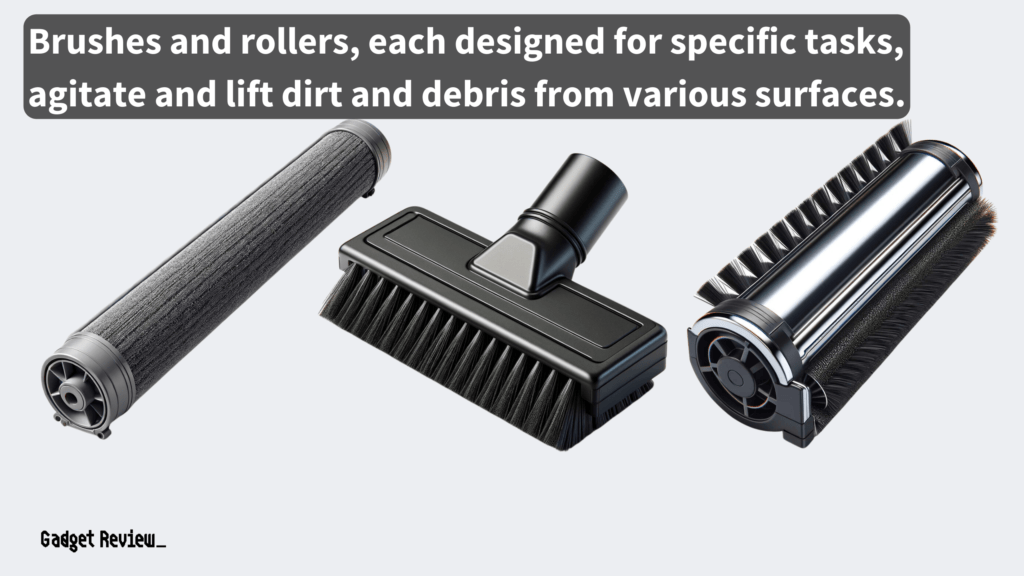
Brushes and rollers are essential for effective cleaning. They agitate and lift dirt and debris from various surfaces.
There are different types of brushes and rollers, each designed for specific cleaning tasks.
The Extended Reach: Hose and Wand
The hose and wand of a vacuum cleaner provide flexibility and reach.
They allow you to clean corners, crevices, and elevated surfaces.
The Final Destination: Dustbin/Bag
The dustbin or bag is where the collected dirt ends up.
It’s important to empty and clean this part regularly to maintain the performance of your vacuum cleaner.
The Power Source
Vacuum cleaners can be powered by a rechargeable battery or an AC power cord.
The choice depends on your cleaning needs and convenience.
insider tip
Simple repairs like replacing belts or filters can be done at home. For complex issues, consider professional repair to avoid further damage.
Additional Attachments
Most vacuum cleaners come with additional attachments like the crevice tool, the dusting brush, and the upholstery tool.
These attachments can help you clean specific areas more effectively.
Common Problems and Solutions
Like any machine, vacuum cleaners can have issues.
Common problems include loss of suction, motor heating, and unusual noises.
Regular maintenance and understanding of your vacuum cleaner can help you troubleshoot these issues.
insider tip
Regularly clean filters, empty dustbins, and check for blockages or worn parts to extend lifespan.
Enhancing Your Cleaning Routine
Understanding the parts of your vacuum cleaner can enhance your cleaning routine and help you maintain your vacuum cleaner for optimal performance.
So next time you use your vacuum cleaner, remember it’s your cleaning tool and partner in keeping a clean home.

